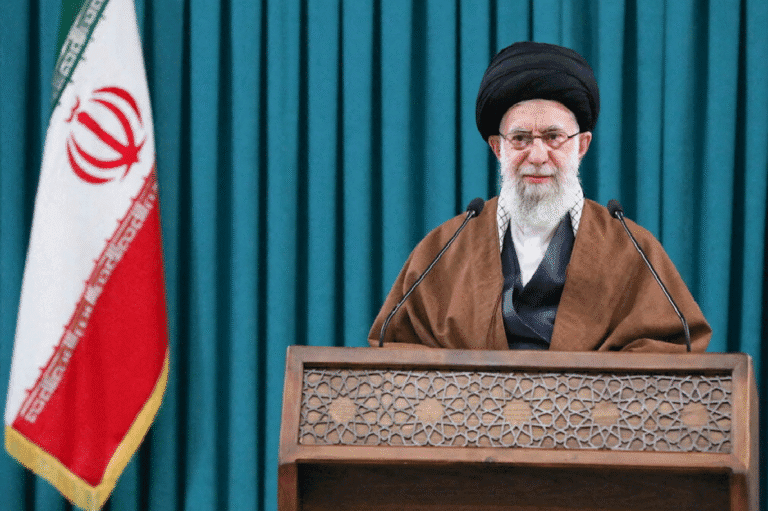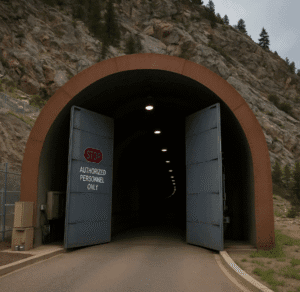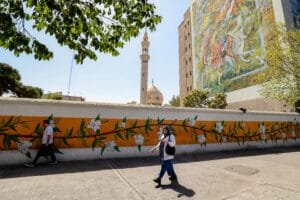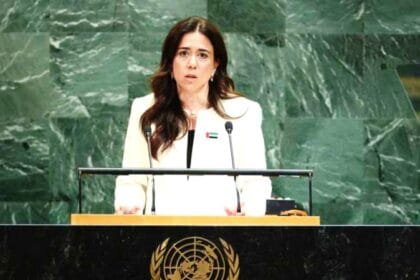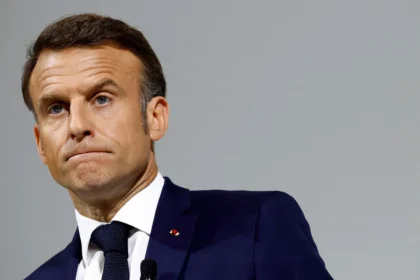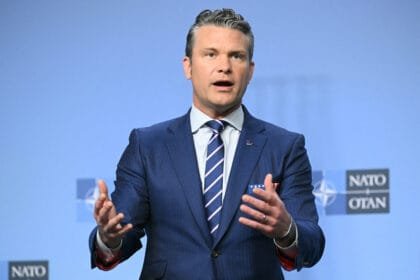Tehran, Iran – Following remarks by Iranian Supreme Leader Ali Khamenei rejecting the offer of direct dialogue with former US President Donald Trump, the White House issued a response affirming that the doors to diplomacy remain open. However, it emphasized that achieving peace in the Middle East requires Tehran to “renounce terrorism and recognize Israel’s right to exist.”
The US response came after Khamenei described the US proposal for dialogue as a “political imposition” not based on a genuine agreement. He also deemed the Trump administration “unqualified to negotiate.”
Iranian position
During his recent speech, Khamenei mocked Trump for the domestic protests in the United States, saying he must “first calm the millions of protesters in his country” before discussing negotiations with Tehran.
He also described claims of destroying Iran’s nuclear program as “fantasy,” referring to Trump’s repeated statements about targeting Iranian nuclear sites and neutralizing Tehran’s strategic capabilities.
American response
A White House official said in a written response carried by Iran International: “As the president emphasized, the hand of cooperation and friendship remains extended, even to Iran. But nothing will contribute more to peace in the region than for Iran’s leaders to renounce terrorism and recognize Israel’s right to exist.”
The official added that Trump had been “clear from the beginning,” noting that the United States would not allow Iran—which he described as a “state sponsor of terrorism”—to obtain a nuclear weapon.
Indirect mediation and communications
Esmail Baghaei, spokesman for the Iranian Foreign Ministry, acknowledged the existence of “intermediary contacts” between Tehran and Washington, but said there are currently no direct negotiations.
For his part, Trump’s Middle East envoy, Steve Whitaker, confirmed that the US administration is seeking a “long-term diplomatic solution.” He noted that Washington has already received signals of communication from Iranian officials.
Internal escalation in Iran
This political debate comes at a time when human rights organizations are reporting a sharp increase in the rate of executions in Iran since the beginning of the year. More than 1,100 executions have been recorded, amid the ongoing crackdown on protesters and civil society activists.




